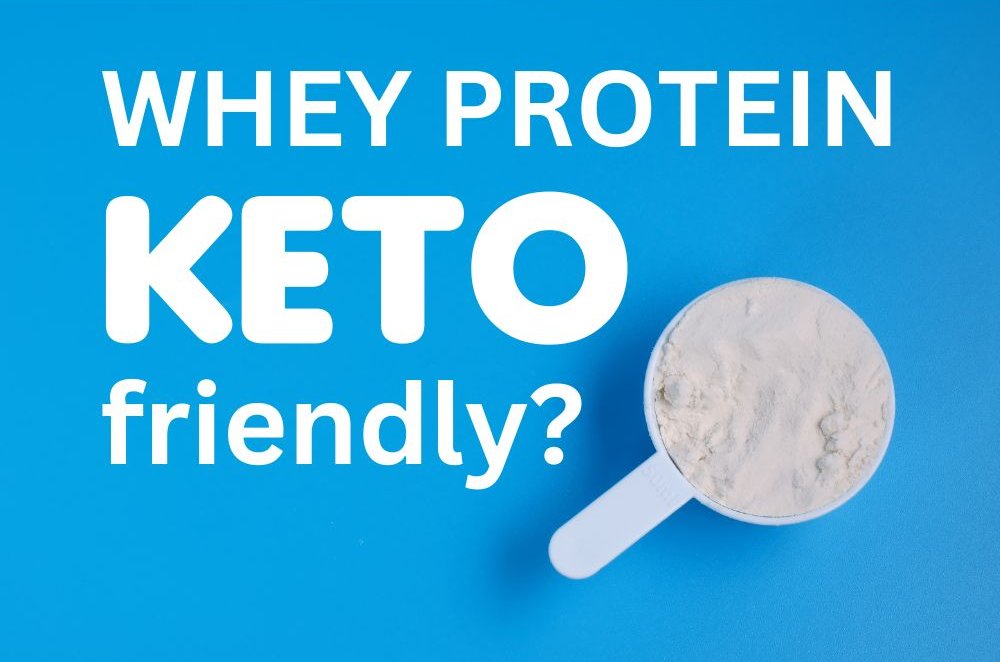As the ketogenic diet continues to gain popularity, many fitness enthusiasts and health-conscious individuals are exploring the best sources of protein that align with their dietary preferences. One common question arises: is whey protein keto-friendly? Let’s break down the details to help you understand how whey protein fits into a ketogenic lifestyle.
Understanding the Keto Diet
The ketogenic diet is a high-fat, moderate-protein, and very low-carbohydrate eating plan designed to put the body into a state of ketosis. When in ketosis, the body uses fat as fuel rather than carbs. A keto diet usually contains 70-75% fat, 20-25% protein, and 5-10% carbs.
What is Whey Protein?
Whey protein is a premium protein extracted from milk during the cheese production process. It is rich in essential amino acids and is quickly absorbed by the body, making it a popular choice among athletes and those looking to increase their protein intake. Whey protein comes in various forms, including:
- Whey Protein Concentrate: Contains about 70-80% protein and some fat and carbohydrates.
- Whey Protein Isolate: Contains about 90% protein and is lower in fat and carbohydrates.
- Whey Protein Hydrolysate: Predigested for faster absorption, it may have slightly lower protein content.
Is Whey Protein Keto-Friendly?
Low Carb Content
When considering whether whey protein is keto-friendly, one of the most crucial factors is its carbohydrate content. Most whey protein isolates contain very low amounts of carbohydrates—often less than 1 gram per serving—which fits well within the carb restrictions of a ketogenic diet. Whey protein concentrate, on the other hand, may contain slightly more carbs but can still be included in moderation.
Protein Requirements on Keto
Protein needs on a ketogenic diet can vary based on individual goals, such as weight loss or muscle gain. Generally, a moderate protein intake is recommended. Whey protein can effectively help meet these protein needs, supporting muscle maintenance and recovery without pushing carbohydrate limits.
Satiety and Muscle Maintenance
Incorporating whey protein can also enhance satiety, helping to manage hunger and cravings, which is especially beneficial for those on a ketogenic diet. Additionally, adequate protein intake is essential for preserving lean muscle mass while in a calorie deficit.
Potential Considerations
While whey protein can be a keto-friendly option, there are some considerations to keep in mind:
- Additives and Flavorings: Some flavored whey proteins may contain added sugars or carbohydrates. Always check the ingredient list and nutritional information to ensure it aligns with your keto goals.
- Digestive Sensitivity: Some individuals may experience digestive discomfort when consuming whey protein, especially in larger quantities. If you’re sensitive to dairy, consider alternative protein sources such as plant-based proteins or collagen.
Conclusion
In summary, whey protein can be a keto-friendly addition to your diet, especially if you choose low-carb varieties like whey protein isolate. It provides a convenient way to meet protein needs while keeping carbohydrate intake in check. As always, be mindful of the specific product you choose, and consider your overall dietary goals. If you’re unsure about how to incorporate whey protein into your ketogenic lifestyle, consulting a healthcare or nutrition professional can provide personalized guidance.

